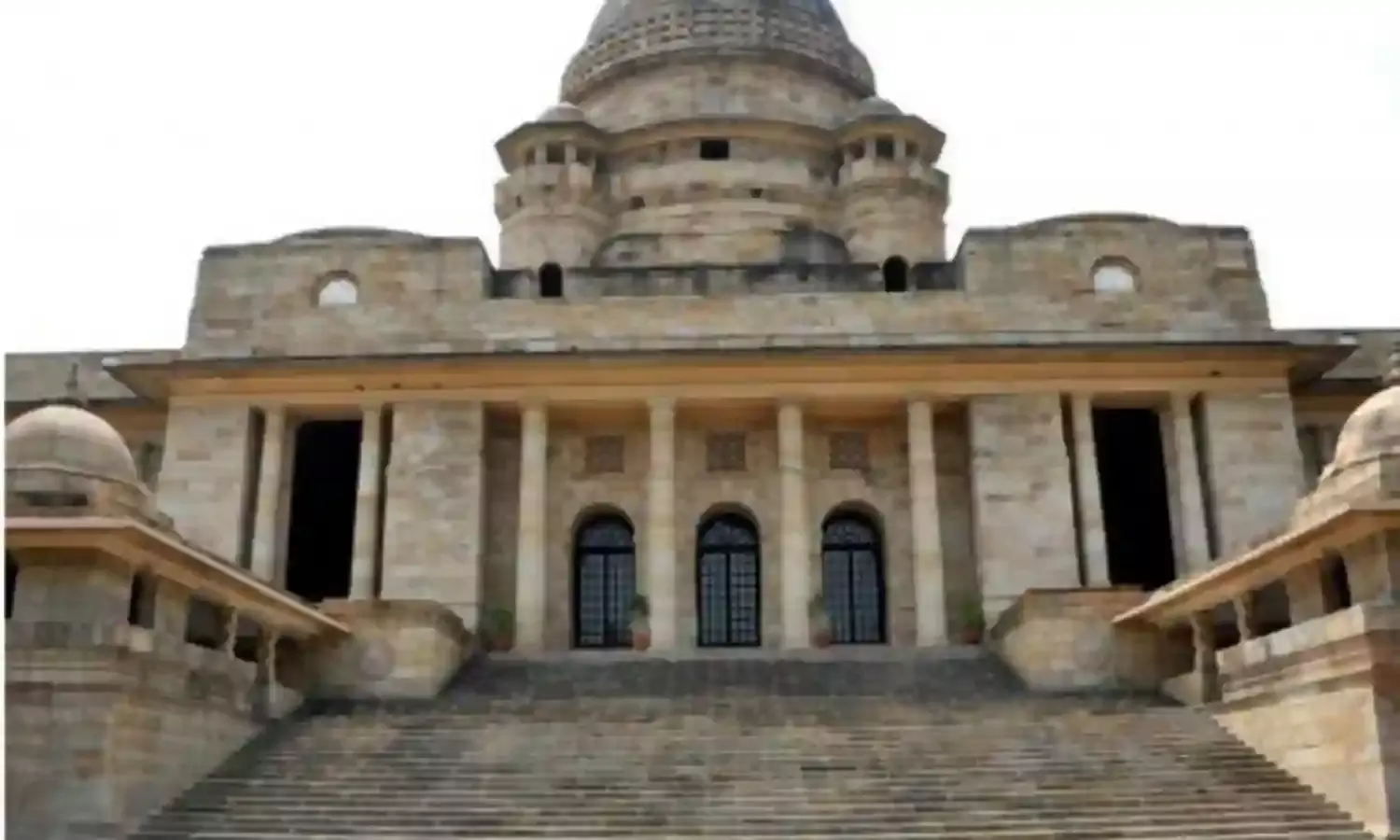Maharashtra Village Panchayat Act| Two Child Limit To Become Panchayat Member Will Not Include Step Children, Will Include Children From Previous Marriage- High Court
The Nagpur Bench of Bombay High Court comprising Justice AS Chandurkar and Justice Vrushali V Joshi has clarified that under the Maharashtra Village Panchayat Act, the two-child limit to becoming a Panchayat member stipulated by the Act does not apply to step-children but applies to children from a previous marriage.
In this case, the question referred to the Division Bench of the Court for consideration was whether the expression ‘two children’ used in Section 14(1)(j-1) of the Maharashtra Village Panchayats Act, 1959 has been used in a generic sense so as to include all children from the present or previous spouse or whether said expression had been used in a restricted sense to mean that only children born from the present spouse.
The Bench observed "the expression ‘person’ is required to be applied in the context of a male member who is responsible or who has fathered more than two children and in the context of a female member who has given birth to children more than two. These children could be from the same wedlock or any earlier wedlock of either spouse. Where the earlier wedlock of such male or female member has resulted in the birth of a child/ children, the same cannot be excluded while considering as to whether such male/female member has incurred disqualification under Section 14(1)(j-1) of the Act of 1959."
Counsel Sukrut Sohoni appeared for the petitioner. Counsel Ram Karode and Assistant Government Pleader Sangita Jachak appeared for the respondent side.
The Divisional Commissioner had disqualified a gram panchayat member on the ground that she had more than three children. Two of her three children were her step-children and had been born to her husband before his marriage to her.
The order of disqualification was challenged before the High Court.
On perusing the applicable statutory provisions and the precedents established by the judiciary, the Court held that "the expression ‘two children’ relates to the ‘person’ who is a member of a panchayat and who is sought to be disqualified under Clause (j-1) to Sub-section (1) of Section 14. In case of a male member, if he is responsible for the birth of more than two children irrespective of the number of wedlocks, the disqualification would be attracted. Same analogy would apply to a female member when she has given birth to more than two children irrespective of the fact that the child/children are born from the previous or present wedlock."
Regarding the intent of the provision, the Court clarified that the word ‘person’ would mean the member of the panchayat alone. Clarifying its position, the Court relied on the case of Javed & Others Versus State of Haryana & Others to hold that, "When the member of the panchayat is a male, he would be disqualified if he is responsible for the birth of more than two children, irrespective of the number of wedlock. Similarly, when the member of the panchayat is a female, she would be disqualified if she has given birth to more than two children, irrespective of the number of wedlock."
The question referred to the Court was answered as:
The expression ‘two children’ used in Section 14(1)(j-1) of the Maharashtra Village Panchayats Act, 1959 in the context of a male ‘member’ would include all his children for whose birth he is responsible, irrespective of the fact that they were born from his previous and/or present wedlock. In the context of a female ‘member’, it would include all children whom she has given birth to, irrespective of the fact that they were born from her previous and/or present wedlock. The expression ‘two children’ has direct nexus with the word ‘member’ as used in Section 14(1)(j-1) of the Act of 1959.
The Court thus placed the Writ Petition before the Single Judge for consideration on merits.
Cause Title: Khairunisa Sheikh Chand v. Chandrashekhar Daulatrao Chincholkar & Ors.




